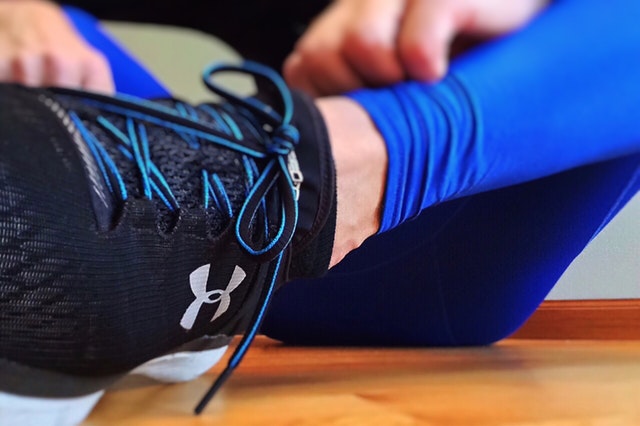While your diet can’t prevent varicose veins, especially if they run in your family, it may help keep them at bay or prevent them from getting worse. It can also help keep you healthy and at a reasonable weight, which takes unnecessary stress off your veins. Adding more fruits and vegetables to your diet is never a bad thing, but adding these selections could just give your vein health a boost:
1. Lima Beans
The more fiber you eat, the healthier you and your veins are, and few fruits and veggies have as much fiber as lima beans. Just one cup has 13.2 grams, half of the daily recommended amount for women. Fiber keeps both your cholesterol and your digestive system working properly, both of which can put a strain on your veins.
2. Strawberries
Strawberries and other colorful fruits are packed with bioflavonoids. These antioxidants are necessary for good heart and circulatory health, and good circulation is an important part of vein health. They also contain anti-inflammatory properties, which can help reduce swelling associated with varicose veins and strengthen the vein walls.
3. Apples
Speaking of bioflavonoids, apples contain some called rutin that also offer anti-inflammatory properties. It even has the potential to help prevent blood clots. Just be sure you eat it with the peeling to get the maximum benefits.
4. Bell Peppers
Vitamin C may be good for preventing colds and flus, but it can also help keep your vein health in check. It strengthens the collagen and elastin in the vein walls, allowing them to expand and contract when they are under pressure. Bell peppers, especially the red ones, are one of the most vitamin-packed veggies you can eat.
5. Broccoli
Broccoli also happens to contain plenty of vitamin C, but it has the added benefit of being high in vitamin E. Vitamin E can help reduce the risk of developing deep vein thrombosis or DVT.
6. Kale
We all know leafy greens are good for us in general, but did you know they can also help improve your vein health? Kale and other dark green veggies contain vitamin K which studies have shown can help reduce the risk for varicose veins.
7. Spinach
If you don’t like kale, opt for spinach instead. One cup of cooked spinach has as much fiber as a cup of corn. One cup of the green stuff also offers up to 223 percent of your daily recommended vitamin K intake.
8. Watercress
While the science is still out, many herbalists believe watercress can help reduce the appearance and symptoms of varicose veins. It can’t hurt to try. The green is low in calories and rich in vitamins C and E.
9. Avocados
If you like avocados, you are in luck. First of all, they are rich in vitamins C and E, which as you now know are both essential for good vein health. They also happen to contain extremely high amounts of an antioxidant called glutathione. It helps the vitamin C and E work more efficiently and can protect your heart and vein health.
10. Celery
Celery may not be the most nutrient-dense food, but it does have a high water content. Staying hydrated is essential for good vein health, especially when you eat a lot of fiber. Keep drinking your water, but eat a few stalks of celery each day, too. Every little bit helps. A stalk of celery also contains about a third of your daily recommended vitamin K intake.




